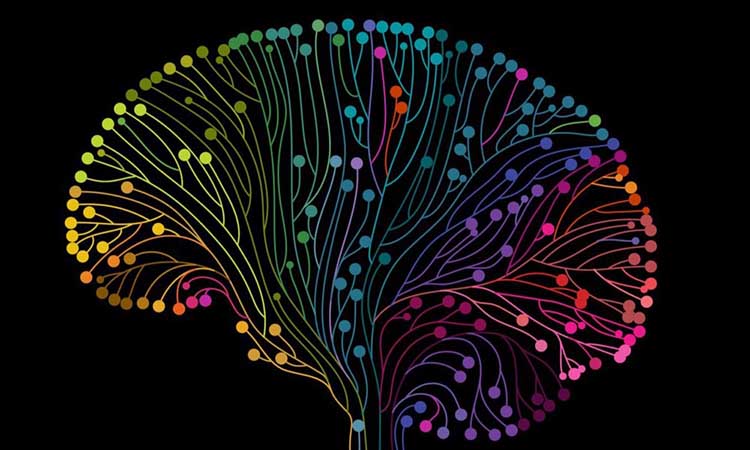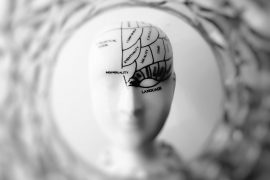Norepinephrine’s Functions
Norepinephrine is considered an excitatory neurotransmitter and this means that it stimulates the brain activities and boosts the overall function of various cells in our body to help our brain and body to function more efficiently.
NE is mainly involved in the regulation of the following:
- Alertness
- Arousal or interest
- Blood flow to skeletal muscles
- Contraction of skeletal muscles
- Blood pressure and heart rate
- Inflammation
- Memory
- Mood
- Releasing of glucose for energy
- Certain aspects of the immune system
- “Fight or flight” response to threats
- Body’s response to pain
Since NE is both a hormone and a neurotransmitter, it is easy to see why it has an important role in the various organs in our body, including the following:
- Adrenal glands
- Bladder
- Eyes
- Gallbladder
- Intestines
- Kidneys
- Liver
- Lungs
- Reproductive organs
- Salivary glands
- Skin
- Stomach
Generally, doctors will not test the patient’s norepinephrine levels so when it comes to diagnosing NE dysregulation, they would base it merely on the patient’s symptoms. This is why patients must inform their doctor about all the symptoms that they have to help the doctor give a proper diagnosis and treatment.


